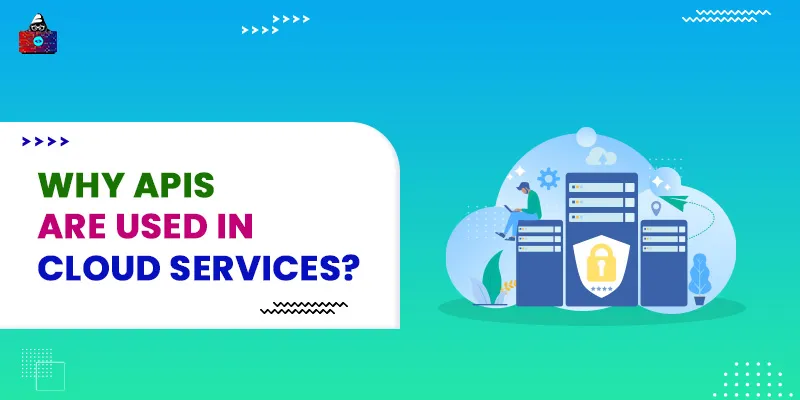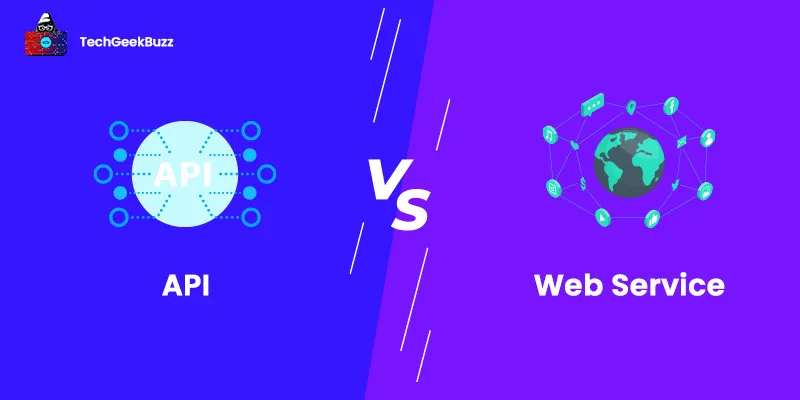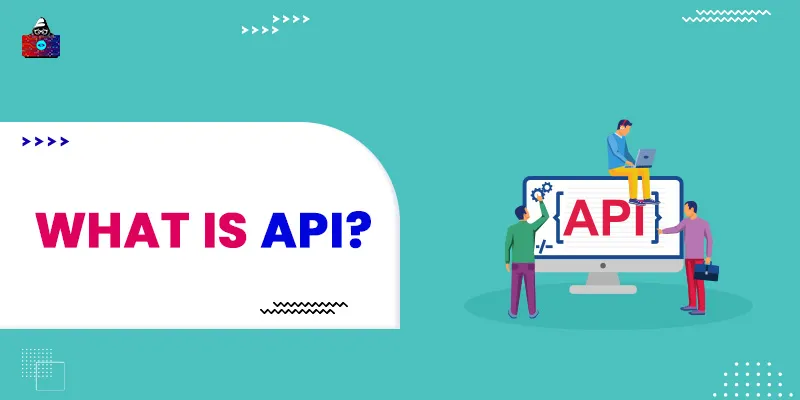With the continuous growth in cloud computing services, many organizations are shifting the development and deployment of their online projects to the cloud and adapting its features. Right now, cloud services have become the epicenter for managing data across the globe.
From a single customer to an organization with thousands of employees, everyone depends on cloud services for storing and sharing data. Cloud provides some specific services to its customers, and these services depend on what the user wants from the cloud provider.
For instance, if a user wants to store only data on the cloud, then there is a separate service for doing so. If the customer wants to deploy an application over a cloud server, then there is another cloud service for it.
Cloud services provide customers with many built-in features, and the cloud is managed and maintained by the cloud provider itself. However, when it comes to hosting a web application on the cloud, there the system administrator of the organization has to take control over his/her allocated cloud space or server and needs to customize the cloud services according to the needs. For this, the administrator has to use the cloud APIs that can integrate with the cloud model.
Why API are Used in Cloud Services?
What is a Cloud API?
A cloud API is used in cloud models that help developers to build an application that is basically used in the cloud hardware, software, and platforms. In simple words, cloud APIs provide a gateway or interface to interact with the cloud service directly.
Every cloud service provider provides cloud APIs that help the developer to integrate with its cloud provider model. However, there are many cloud service providers who provide only those APIs that are compatible with their platform, and this makes it difficult for the customer to move from one cloud service provider to another.
Nonetheless, there are also many cross-platform APIs that can access cloud resources from other cloud providers.
The Importance of Cloud APIs
Individual users using cloud services such as Google Drive or Microsoft OneDrive for storing personal images and videos may not require any kind of Cloud API. However, organizations and developers who use cloud services like AWS require integrating tools that are based on cloud platform and services.
Developers and administrators require cloud APIs to integrate their own system infrastructure with the cloud service. There are many third-party APIs, and the cloud service provider itself provides cloud APIs that help developers to integrate the organization's system with the cloud service.
Types of Cloud APIs
Cloud APIs are of three types:
- Control APIs
- Data APIs
- APIs related to Application Functionality
1) Control APIs
These APIs deal with the infrastructure management of the cloud. Developers program these APIs mainly for integrating additional programs.
2) Data APIs
A data API deals with the flow of data from the external element to the cloud service itself.
3) APIs related to the Application Functionality
These APIs deal with the data present in the cloud and manage its flow for the end-users.
Conclusion
Now you should know why APIs are used in cloud services. APIs are at the core of cloud computing. Without cloud APIs, there can be no cloud computing and any of its services.
Cloud computing primarily depends on how APIs are connected to the various platforms and how the flow of data would be managed. Therefore, every big tech giant that has some market share in cloud computing is continuously working on upgrading its cloud services and APIs.
For now, the leaders of cloud computing are AWS, Microsoft Azure, and Google Cloud.
What are your views on cloud APIs? Let us know in the comments section below. Also, you can ask questions about the same too. We would love to answer them.
People are also reading:





Leave a Comment on this Post